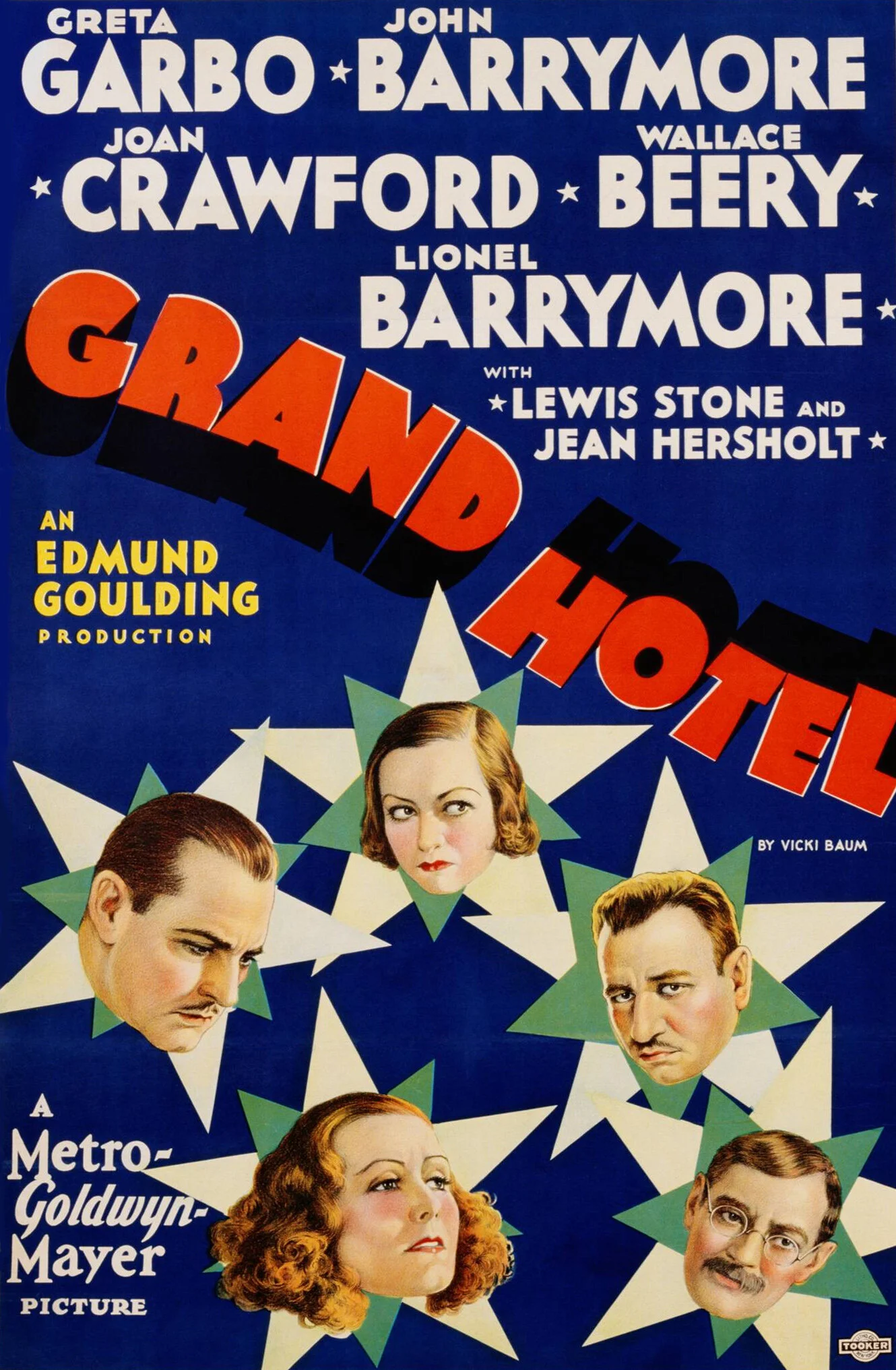Cavalcade (1933)
Written by Reginald Berkeley
Directed by Frank Lloyd
Diana Wynyard and Clive Brook
Something that this particular marathon is confirming for me is, what makes a picture great, or at least, worthy enough to be deemed “Best Picture”, doesn’t perhaps stand up to the test of time. It might be great for that moment, but when looked on later, it’s clear that it really isn’t a pantheon of cinematic achievement (I hear this a lot about 2005’s Crash, which I have never seen, but am anxious to for this exact reason).
Cavalcade, based on the play by Noël Coward, is an example of this: it beat out nine other nominees to win the award, but either the other nine REALLY weren’t that great, or Cavalcade was great in the moment, but doesn’t hold up now.
To be honest, I’m disappointed I disliked the film as much as I did. It’s a story of a family that spans 24 years, which is a concept I love seeing in films (indeed, it was one of the few redeeming qualities of Cimarron). It only focuses on two generations, but details their trials from the turn of the century to the onset of World War I.
When in doubt, look sad!
I spent a lot of this film mystified by it’s tone. Noël Coward is generally known for his wit, but it doesn’t seem to be present in the film. I found myself not knowing whether or not to laugh or sympathize with the characters: is it a satire of what we would modernly call “first-world problems”? Or are these genuine emotions meant to tug at our hearts? The film never answers these questions, although I feel it leans more toward the latter.
Early cinema is known for its melodramatic overacting, and while much of it is laughably bad by today’s standards, I’m usually able to overlook it, as it’s a product of its time. This film, however, began making me painfully aware of it. All the women are allowed to do in the film is cry. And not gently weeping, either, it’s huge sobs that are so over the top, it almost seems to be intentionally hilarious. And, it’s all they do! Every single plot development prompts a wail from SOMEBODY and it grows tiresome very quickly. The characters are also incredibly pessimistic, as if they are just waiting to collapse into another sobbing fit.
A sweet scene ends to reveal this ominous life ring…
As I mentioned, like Cimarron, the film depicts large passages of time, but unlike that prior film, Cavalcade uses real events to anchor the story. One of the most surprising was a scene that is revealed to be set upon the Titanic (and, it’s later revealed that both characters perished in the sinking). As a Titanic buff, it was a nice surprise. A weird aspect of the passage of time, however, is that no old-age makeup is used by the end of the film: the parents of the family look as youthful as they did 24 years before. I’m not sure where that decision stems from, but it took me out of the moment.
Cavalcade is frequently forgotten as a Best Picture winner, in favor of bigger, more well-known films. I initially attributed this to its age, but I think its quality has something to do with it too. So far, I’m finding myself enjoying the odd-numbered films more than the even-numbered ones, so I’m now getting curious to find the film that breaks the streak.
FINAL GRADE: C-





